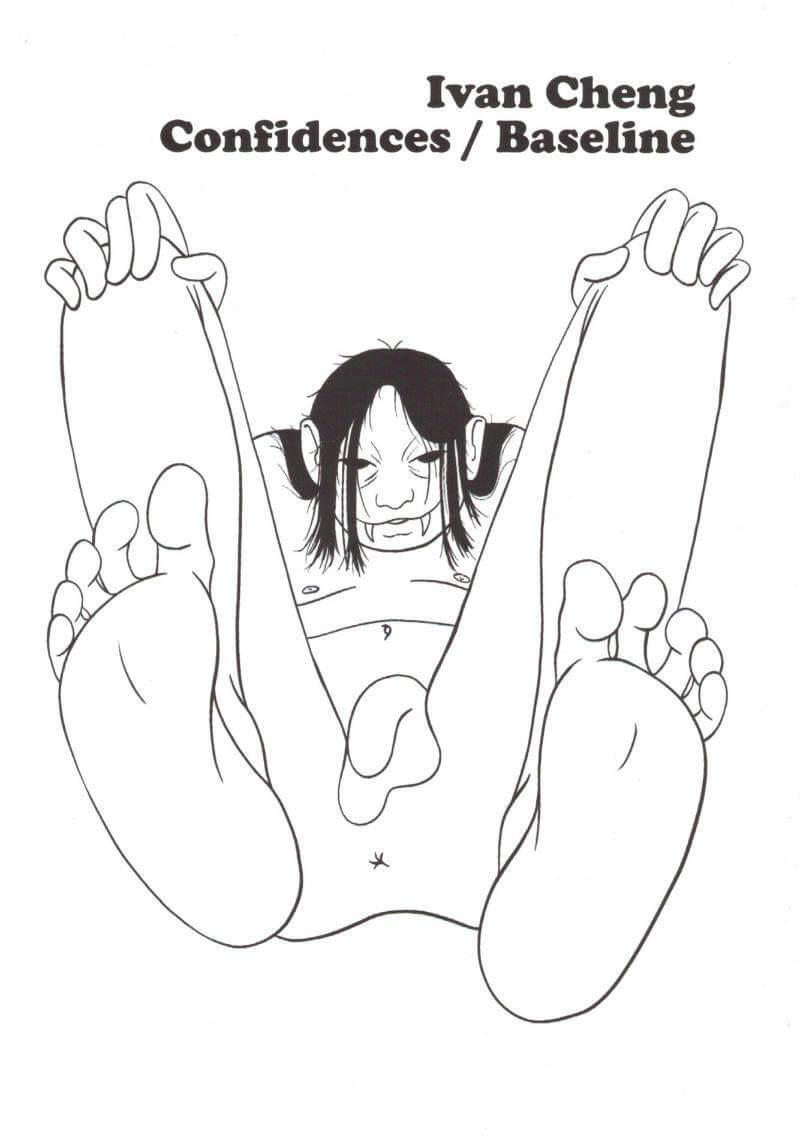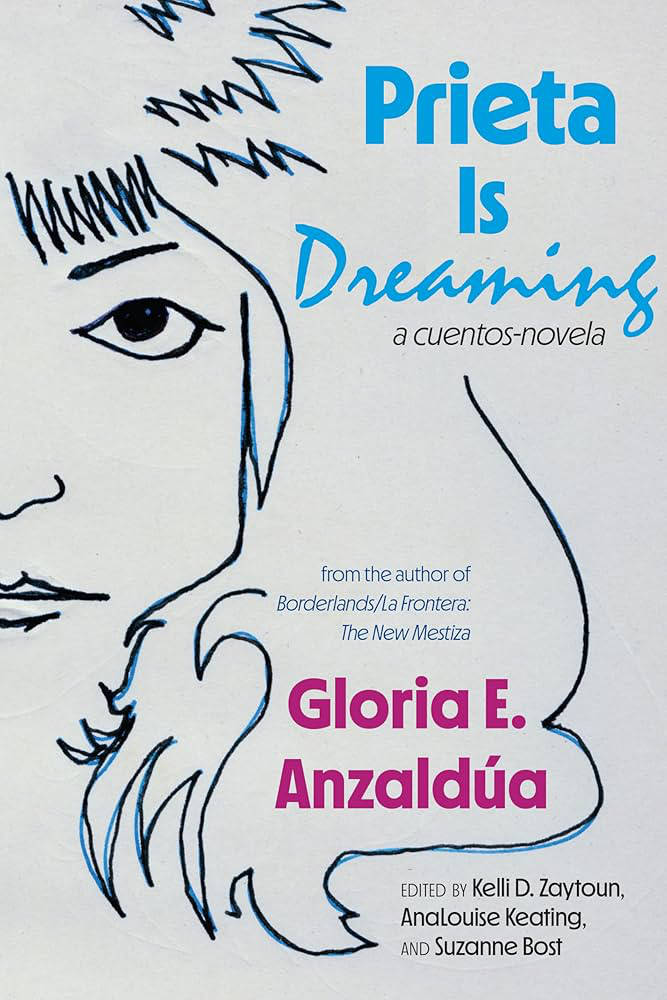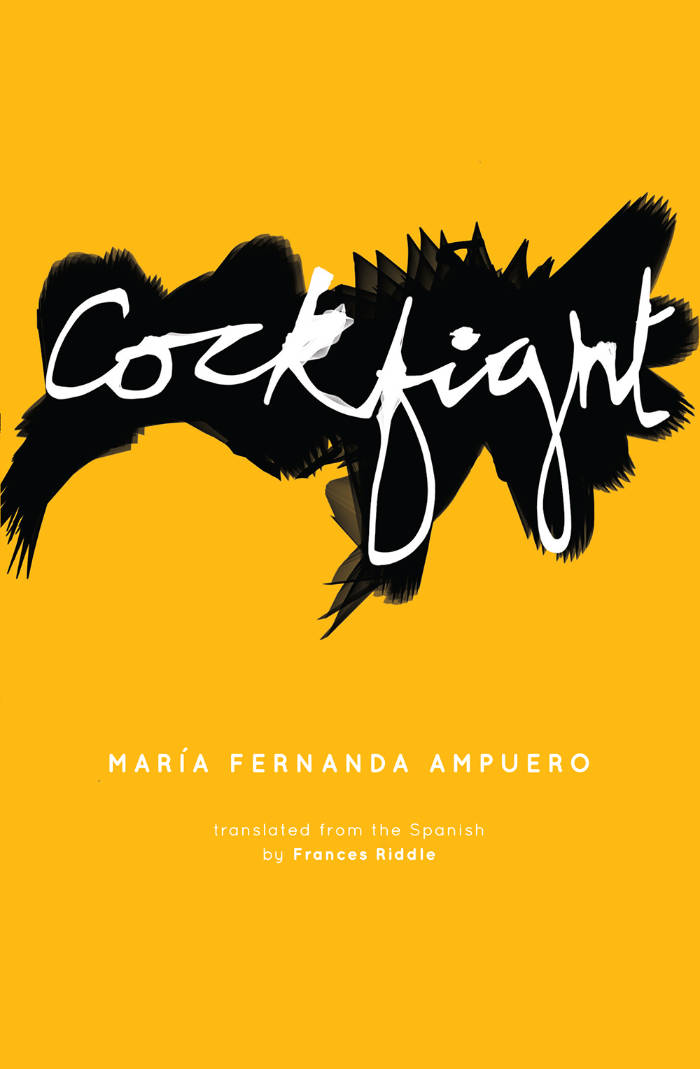
Confidences / Baseline
Confidences / Baseline plays with the vampire novel like a dollhouse. Characters who variously believe in the power of theatre and performance become entangled with grief, desire, and the unknown. What does a rehearsal come to mean when a vampire lives forever?
Baseline is the first in a series of books that fetishise nightclubs for their inaccessibility. Deluded realities anticipate the transformative sensuality of penetration. In his second novel, artist Ivan Cheng maintains his fixation on structures for audiences between public and private.
Designed by Sabo Day
Book cover by Özgür Kar
Back cover photography by Nikola Lamburov
TLTRPreß, Berlin 2021
ISBN: 978-3-9819640-5-9
176 pages, 117 x 164mm, edition of 40,2kg
About Ivan Cheng:
The performances of Ivan Cheng are incomplete, failing, desperate, and riddled with absence. They use his variously trained performing body, incanting texts that foreground subjectivity in monologues and dialogues. Identities of other interlocutors become embedded through rehearsal, dialogue, and entrustment. Without deluded presupposition of being for everyone, Cheng’s practice is invested in questions around publics and accessibility.
In 2020, he reconstituted past performance texts into a murder mystery about a street busker, and continues his foray into written genre with Confidences / Baseline. Past presentations of his texts have occurred at Volksbühne (Berlin), Oude Kerk (Amsterdam), Belvedere21 (Vienna), MuHKA (Antwerp), Nacionalinė dailės galerija (Vilnius), Unsound Festival (Krakow), Carriageworks (Sydney), Federation Square (Melbourne). He holds an MFA in Critical Studies (Sandberg Instituut), having previously studied at the Royal Academy of Music and Sydney Conservatorium of Music.
Language: English







